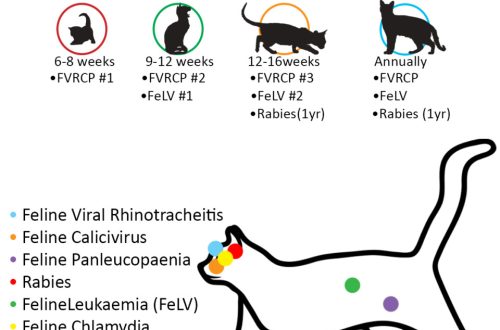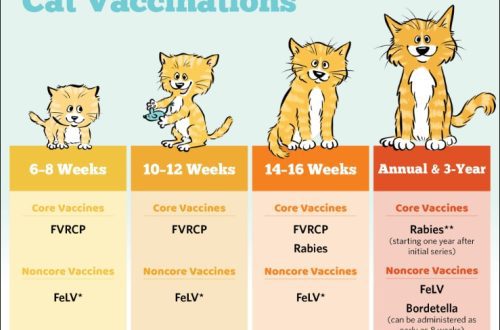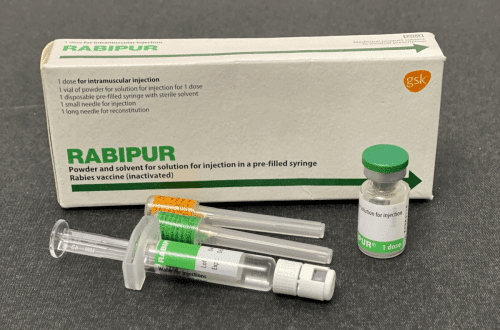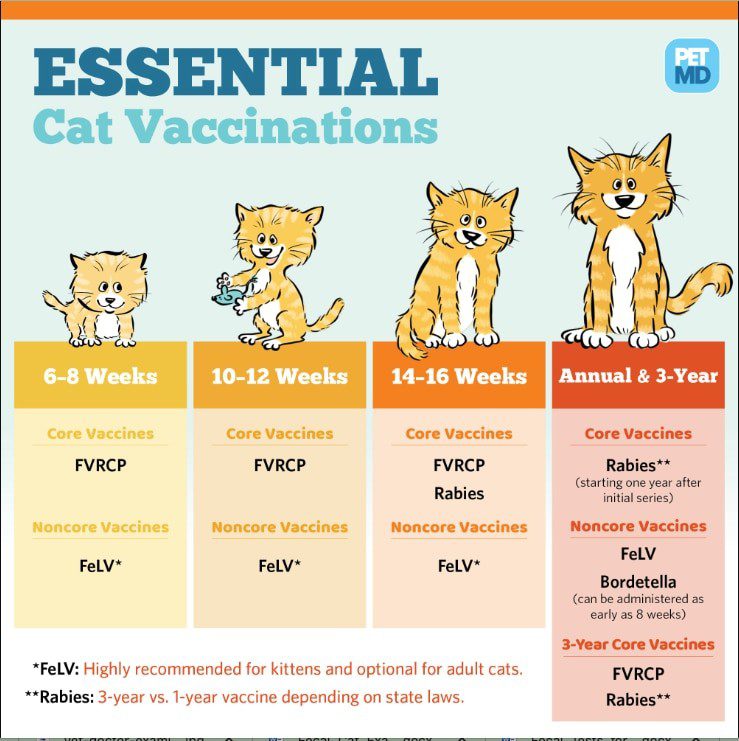
Cat vaccination
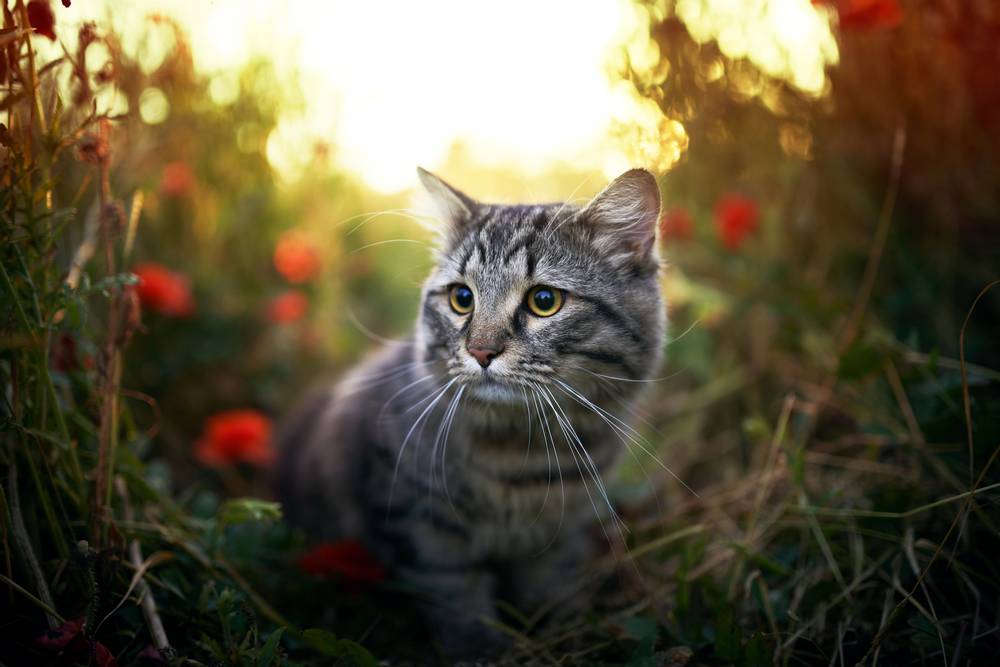
Any domestic cat needs a minimum set of veterinary procedures, which includes an initial examination by a doctor (to assess growth and development), scheduling treatments for external and internal parasites, primary vaccination and regular revaccination, spaying or castration, periodic examinations by a veterinarian.
Contents
Why is vaccination so important?
Because some diseases are easier to prevent by vaccination than to cure, because the mortality from a number of viral infections is very high, despite the ongoing and even the best treatment. Because many diseases (for example, panleukopenia – aka plague of cats) are transmitted indirectly, that is, through people, care items, contaminated surfaces. Also because many diseases are ubiquitous and highly contagious (for example, calicivirus and herpesvirus infections). And finally, rabies is a deadly, incurable disease that is dangerous not only for cats and other animals, but also for people.
What diseases should be vaccinated against?
There are core (recommended) vaccines for major diseases and additional vaccines that are used by choice or need. The basic vaccination for all cats is considered to be vaccination against panleukopenia, herpesvirus (viral rhinotracheitis), calicivirus and rabies (rabies vaccination is mandatory for the Russian Federation).
Additional vaccinations include feline leukemia virus, feline immunodeficiency virus, bordetellosis, and feline chlamydia. The choice of the necessary vaccines is carried out depending on the lifestyle of a cat or a cat – it is estimated how many animals are kept in the house, whether the pet goes for a walk on the street, whether it goes to the dacha, or whether it is a cat manufacturer in general. Usually, the veterinarian will recommend one or another vaccination option after talking with the owner of the animal.
How to prepare a pet for vaccination?
Only healthy animals can be vaccinated, in addition, cats should be regularly treated for helminths. At the first visit to the clinic, the veterinarian will draw up a treatment schedule and recommend an effective and safe drug.
Registration of veterinary documents
Vaccination data, such as the date of administration, series and batch number, name of the vaccine, data of the veterinarian who administered the vaccine, place and method of administration, are entered in the cat’s veterinary passport and certified by the personal seal of the doctor and the seal of the veterinary clinic. Also, data on chipping and ongoing treatments from parasites are entered in the passport.
Are there complications or side effects?
In most cases, vaccination is tolerated without any change in health or behavior. In rare cases, allergic reactions are observed, so it is very important to vaccinate in a veterinary clinic and carefully monitor the cat in the first hours and days after the vaccine is administered.
Although very rare, post-injection sarcoma can develop at the injection site. The reasons for the development of this complication have not been fully established, however, it is believed that an inflammatory reaction at the site of administration of drugs (including vaccines) can lead to cell degeneration and tumor formation; it is possible that there is a genetic predisposition to the occurrence of such a reaction. To reduce the risk, it is recommended to administer vaccines at different sites.
Cat owners should closely monitor their pets and contact a veterinary clinic if a lump or mass is observed at the site of injection of a vaccine or drug, which either increases in size, or is larger than 2 cm, or has been observed for more than 3 months from the time of injection.
The article is not a call to action!
For a more detailed study of the problem, we recommend contacting a specialist.
Ask the vet
22 2017 June
Updated: July 6, 2018



